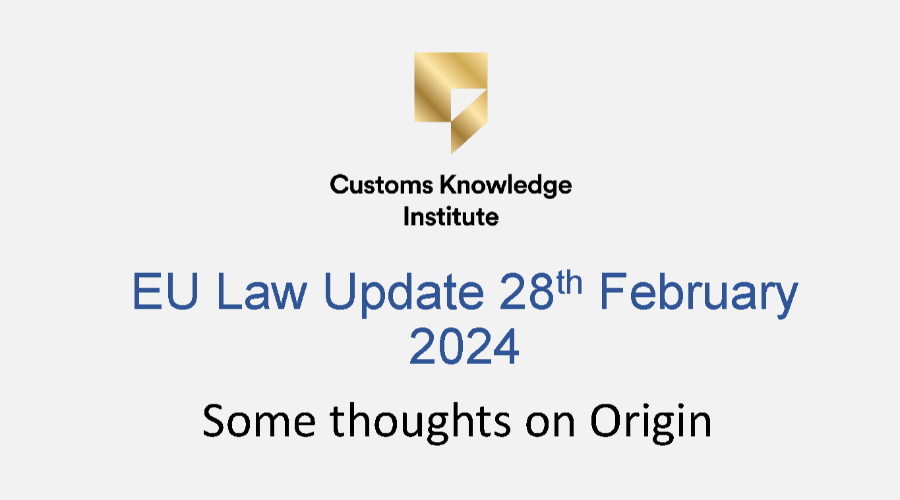EU-UK trade: How to claim "zero duty"?
{{ title }}
{{ current_question.title }}
{{ successMessage }}
{{ failMessage }}
{{ successMessage }}
{{ failMessage }}
{{ failMessageRetry }}
{{ question.title }}
Norėdami tęsti, pasirinkite bent vieną atsakymą.
As a customs brokerage company, we receive such questions:
- Why we had to pay import duties? Isn’t there an agreement on zero duties between the EU and the UK?
- We learned that there must be certain text included in the invoice to claim zero duty. Is it indeed so simple?
The goal of this short training is to answer both questions. Also to provide some basic knowledge on the origin of goods and the impact on the price of traded goods. The content:
- Duty tariff rates: How to find them out?
- Origin of goods: How to claim zero duties?
- Returned goods: What about duty relief?
In the resources part, you will find useful links, a checklist for the exporter and the importer, the slides and the transcript of the training.
In case of questions please contact us by e-mail projects@muita.lt
Prieiga prie resursų suteikiama įsigijus kursą.

Komentarai ()
Norėdami parašyti komentarą, turite